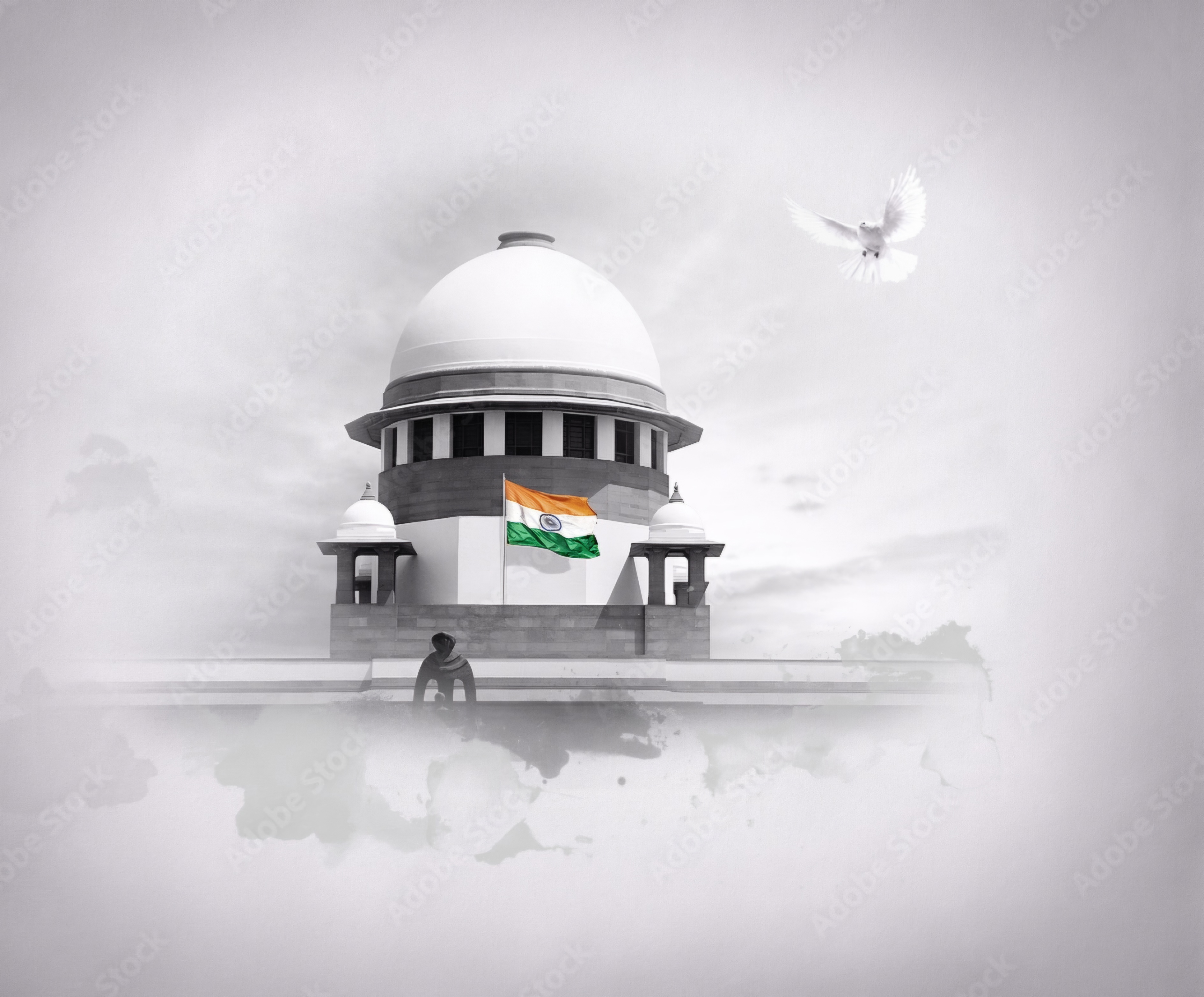


The convict had filed an appeal against a Delhi High Court order, claiming that his plea for remission had been arbitrarily dismissed. However, a Bench of Justices Abhay S Oka and Augustine George Masih found that the convict had misrepresented the facts. The Supreme Court observed that the convict had actually withdrawn his plea before the High Court, a fact he intentionally withheld in his appeal to the apex court.
"A copy of the impugned order shows that not only was the application of the petitioner heard but after some argument, the advocate for petitioner withdrew the petition. This petition shows completely misleading facts. This has been suppressed," the Supreme Court remarked, taking note of the dishonesty.
A Growing Trend: False Claims in Remission Pleas
The Court expressed concern over the increasing number of cases where convicts are making misleading claims to secure remission. Justice Abhay S Oka noted with frustration that this was the sixth case in three weeks where false statements had been made in such pleas.
The Court acknowledged that its leniency might have contributed to the rise in such dishonest tactics. "In the last three weeks, this is the sixth case which we have come across where absolutely false averments are made in cases of remission. We are liberal, that is why this is being done,"
Justice Oka lamented during the hearing. The Court's comments reflect its growing dissatisfaction with convicts abusing the legal system by filing false or incomplete claims, particularly in cases involving remission or early release from prison.
Consequences for Misleading the Court
Due to the fabricated allegations, the Supreme Court rejected the plea and assessed the convicted party ₹10,000 in costs. The Delhi State Legal Services Authority will receive the fine from the convicted party, as instructed by the Bench. This financial fine acts as a disincentive to future attempts by others to deceive the court.
Maintaining Honesty in the Legal System The Sunil Nayak @ Fundi v State of NCT of Delhi ruling by the Supreme Court emphasizes the significance of truthfulness in court filings, particularly with regards to issues of remission and early release. The Court has made it clear that, while upholding the rights of those convicted of crimes who come before it with integrity, it will not accept dishonesty.
Conclusion
The conviction in this case and the costs imposed by the Supreme Court serve as a reminder of the high standards of integrity required in legal procedures. The Court made clear that its lenient stance on matters involving remission should not be seen as condoning dishonesty. The decision emphasizes how crucial truthful and precise pleadings are to guaranteeing the impartial administration of justice.
TAGS: Supreme Court remission plea false claims Sunil Nayak @ Fundi Justice Abhay S Oka Justice Augustine George Masih Delhi High Court costs imposed integrity judicial process dishonest pleadings